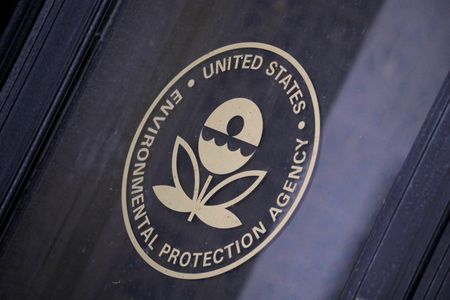This article is from: srnnews.com
By Leah Douglas
(Reuters) – The use of treated sewage sludge as fertilizer on farms can pose a health risk to residents and consumers because of the presence of “forever chemicals” that break down slowly, the U.S. Environmental Protection Agency said on Tuesday.
The sludge, known as biosolids, is applied to less than 1% of U.S. fertilized farm acres, according to the agency. But research has found that biosolids can contain per- and polyfluoroalkyl substances (PFAS), known as forever chemicals, which have been tied to cancers, liver damage, and other illnesses.
The agency modeled hypothetical health risks to people living on or near sites that had been treated with biosolids and to people consuming their products, such as eggs, beef and drinking water.
The draft assessment, which is open to public comment for 60 days, found there can be a risk exceeding the EPA’s thresholds, “sometimes by several orders of magnitude,” for those people.
The assessment does not suggest a risk to the broader food supply, the agency said.
The assessment will guide actions by federal and state agencies, as well as by wastewater system operators and farmers, to prevent exposure to the chemicals, said Jane Nishida, the agency’s acting administrator.
In April, the EPA announced a first-ever drinking water standard for PFAS and said the standard would avoid tens of thousands of deaths linked to the chemicals.
(Reporting by Leah Douglas; Editing by Rod Nickel)
Brought to you by www.srnnews.com






